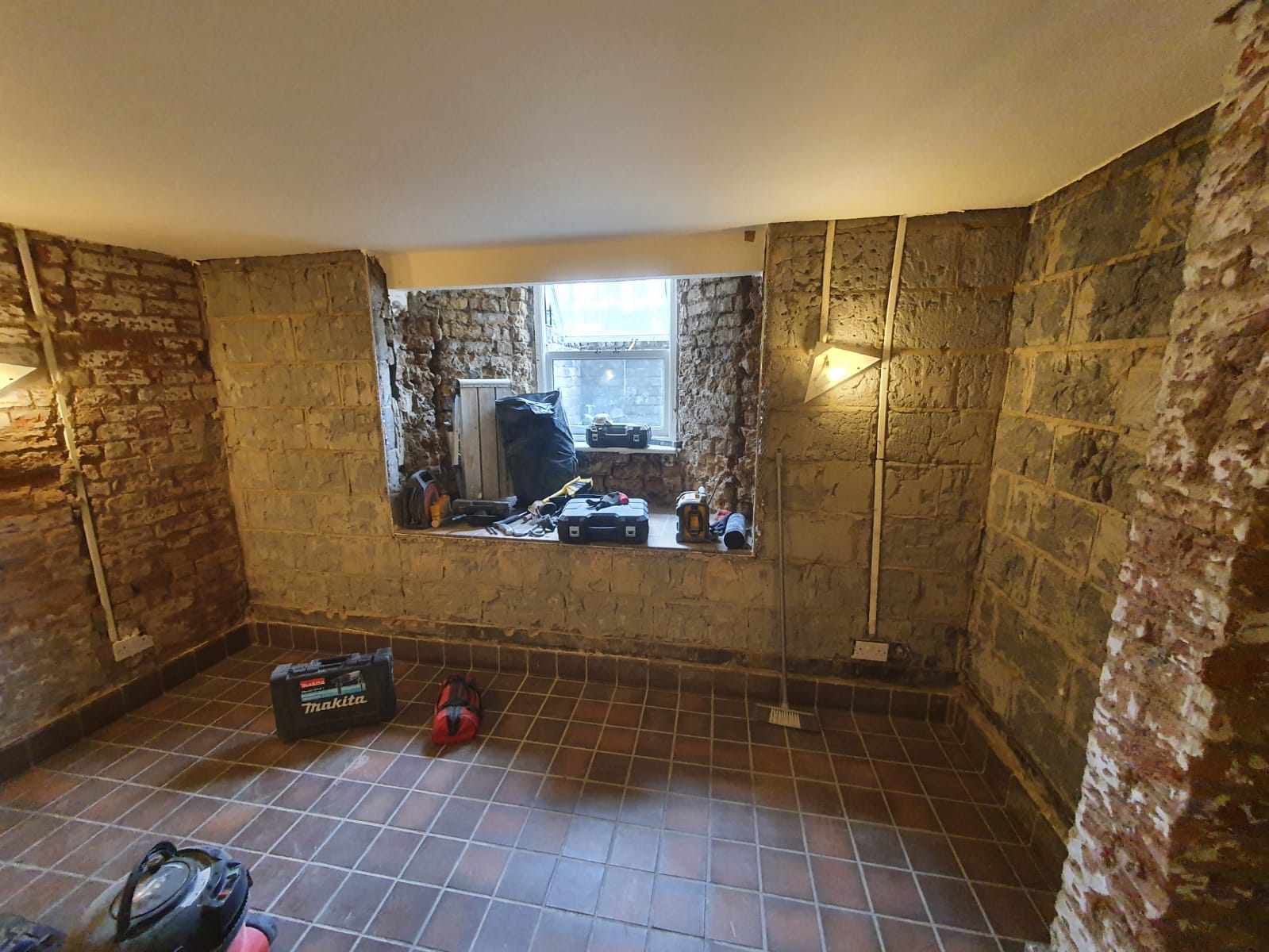

Articles
How To Get Basement Smell Out Of Basement
Modified: February 23, 2024
Learn effective ways to eliminate the unpleasant basement smell through informative articles. Discover effective solutions and techniques for a fresh and odor-free basement.
(Many of the links in this article redirect to a specific reviewed product. Your purchase of these products through affiliate links helps to generate commission for Storables.com, at no extra cost. Learn more)
Introduction
Basements are an integral part of many homes, serving as a valuable space for storage, additional living areas, or recreational purposes. However, one common issue that can plague basements is unpleasant odors. These odors can range from musty and damp to mildew and even sewer-like smells. Not only can these odors be bothersome, but they can also indicate underlying issues such as moisture, mold, or inadequate ventilation. Addressing and eliminating basement smells is essential for maintaining a healthy and odor-free home environment.
In this article, we will explore the causes of basement odors and provide practical tips on how to get rid of them. We will also discuss preventive measures to ensure that your basement remains fresh and odor-free in the long run. So let’s dive in and learn how to banish those unpleasant basement smells once and for all.
Key Takeaways:
- Banish basement odors by tackling moisture at the root. Fix leaks, use dehumidifiers, and improve ventilation to eliminate musty smells and create a fresh, healthy living space.
- Prevent future basement odors with regular maintenance. Control moisture, improve ventilation, and use moisture-resistant materials to maintain a clean, odor-free basement for a healthier home environment.
Read more: How To Get Cat Pee Smell Out Of The Basement
Understanding the Cause of Basement Odors
Before we delve into the solutions for eliminating basement odors, it’s important to understand the underlying causes. Identifying the root cause will not only help in effectively addressing the issue but also in preventing future smells from reoccurring.
1. Moisture: One of the most common culprits behind basement odors is excess moisture. Basements are prone to dampness due to their underground location and lack of proper ventilation. This moisture can lead to the growth of mold and mildew, resulting in musty and unpleasant smells.
2. Mold and Mildew: Mold and mildew thrive in moist environments. If there is a damp or water-damaged area in your basement, it becomes a breeding ground for these fungi. Not only do mold and mildew contribute to foul odors, but they can also pose health risks, especially for individuals with respiratory sensitivities or allergies.
3. Sewer or Drain Issues: In some cases, basement odors can be traced back to sewer or drain problems. If there are leaks, blockages, or damaged pipes in the basement’s plumbing system, it can result in unpleasant smells resembling rotten eggs or sewage.
4. Poor Ventilation: Inadequate airflow and ventilation in the basement can contribute to the build-up of stagnant air and odors. Without proper circulation, moisture and musty smells can become trapped in the basement, creating an unpleasant environment.
By understanding these common causes, you can narrow down the specific issue affecting your basement and take appropriate action to eliminate the odors.
Removing Moisture from the Basement
To combat basement odors, it’s crucial to tackle the root cause: excess moisture. By eliminating moisture, you can prevent the growth of mold, mildew, and the associated unpleasant smells. Here are some effective methods to remove moisture from your basement:
1. Identify and fix any water leaks: Inspect your basement thoroughly for any signs of water leakage, such as damp walls, water stains, or puddles. Fixing these leaks promptly will prevent further water intrusion and help reduce moisture levels. Consider hiring a professional plumber if you’re unable to identify or fix the leaks on your own.
2. Improve drainage around the foundation: Poor drainage can lead to water accumulation around the foundation, seeping into the basement. Ensure that the ground slopes away from your house to divert water flow. Extend downspouts and install gutter extensions to direct rainwater away from the foundation.
3. Use a dehumidifier: A dehumidifier is an excellent tool for reducing humidity levels in your basement. It works by extracting moisture from the air, alleviating dampness and preventing mold growth. Opt for a dehumidifier with a built-in humidistat to regulate humidity levels automatically.
4. Increase ventilation: Good airflow is essential in preventing stagnant air and reducing moisture. Open windows and doors when the weather permits to allow fresh air circulation. If natural ventilation is not sufficient, consider installing vents or fans to enhance airflow in your basement.
5. Insulate pipes and surfaces: Cold pipes and surfaces can cause condensation, leading to moisture buildup. Insulating the pipes and sealing any cracks or gaps in the walls will help prevent condensation and reduce moisture in the basement.
Remember, consistently monitoring and maintaining a dry basement is essential to prevent the reoccurrence of moisture-related smells. Regularly check for leaks, perform maintenance on your drainage systems, and use a dehumidifier as needed.
Cleaning and Disinfecting the Basement
Once you have addressed the moisture issue, the next step in eliminating basement odors is to thoroughly clean and disinfect the space. Cleaning will help remove any dirt, debris, or organic matter that may contribute to unpleasant smells, while disinfecting will kill harmful bacteria and mitigate the growth of mold and mildew. Here’s how to clean and disinfect your basement effectively:
1. Remove clutter: Start by decluttering your basement and removing any unnecessary items. Clutter can trap moisture and make it difficult to clean and disinfect properly.
2. Sweep and vacuum: Use a broom or vacuum cleaner to remove dust, dirt, and cobwebs from the basement floor, walls, and corners. Pay attention to any areas with visible mold or mildew growth.
3. Wash surfaces: Dilute a mild detergent in warm water and use a sponge or mop to clean the walls, floors, and other surfaces in your basement. Focus on areas prone to moisture, such as around windows, pipes, and drains. Rinse the surfaces thoroughly and allow them to dry completely.
4. Disinfect surfaces: After cleaning, it’s important to disinfect the basement to eliminate any bacteria or mold spores. You can use a mixture of bleach and water, following the manufacturer’s instructions for the appropriate ratio. Apply the solution with a sponge or spray bottle to hard surfaces, ensuring complete coverage. Allow it to sit for a few minutes, then rinse well with clean water.
5. Treat mold and mildew: If you encounter mold or mildew during the cleaning process, it’s crucial to address it promptly. Use a solution specifically designed for mold and mildew removal, or a mixture of vinegar and water, to treat the affected areas. Scrub gently with a brush to remove the growth, then rinse and dry thoroughly.
6. Clean and disinfect items: If you have any belongings in the basement that have been affected by the odors or moisture, such as furniture or clothing, clean and disinfect them as well. Follow the manufacturer’s instructions for cleaning and disinfecting various items.
By thoroughly cleaning and disinfecting your basement, you will eliminate any remaining odors and create a fresh and hygienic environment. This, combined with addressing the moisture issue, will go a long way in ensuring that your basement remains odor-free in the future.
To get rid of basement smell, start by identifying the source of the odor, such as mold or mildew. Then, clean and disinfect the area using a mixture of water and vinegar or hydrogen peroxide. Use a dehumidifier to reduce moisture and improve ventilation to prevent future odors.
Getting Rid of Musty Odors
Musty odors are a common problem in basements and can be quite persistent. These odors are typically caused by the presence of mold and mildew, which thrive in damp environments. To effectively get rid of musty odors in your basement, follow these steps:
1. Identify and remove the source of moisture: Musty odors are a sign of excess moisture in the basement. Inspect the area for any signs of water leaks, condensation, or dampness. Fix any leaks and address the moisture issue at its source. This may involve implementing better drainage systems, waterproofing the basement, or sealing cracks and gaps.
2. Ventilate the basement: Proper ventilation is crucial in reducing musty odors. Open windows and doors to promote airflow and allow fresh air to circulate. If your basement has poor natural ventilation, consider using fans or installing vents to improve air circulation.
3. Use natural odor absorbers: Natural odor absorbers can help eliminate musty smells in the basement. Place bowls of activated charcoal, baking soda, or coffee grounds in strategic locations throughout the basement. These substances will absorb and neutralize the odors over time.
4. Utilize dehumidifiers and air purifiers: Dehumidifiers help reduce moisture levels in the air, preventing the growth of mold and mildew and reducing musty odors. Air purifiers with HEPA filters can also be effective in removing airborne particles that contribute to the odor. Run these devices regularly to maintain a dry and fresh basement environment.
5. Clean and disinfect surfaces: As mentioned earlier, thoroughly clean and disinfect the basement surfaces to remove any mold or mildew that may be causing the musty odor. Use appropriate cleaning solutions and follow the recommended guidelines for the best results.
6. Consider professional mold remediation: If the musty odor persists despite your efforts, it may be necessary to seek professional help for mold remediation. A professional mold remediation company will have the expertise and equipment to identify and safely remove mold from your basement, eliminating the source of the odor.
By addressing the underlying moisture issue, improving ventilation, using natural odor absorbers, and maintaining a clean and dry environment, you can effectively get rid of musty odors in your basement. Remember to monitor the area regularly and address any potential sources of moisture promptly to prevent the recurrence of these odors.
Read more: How To Get Smells Out Of Furniture
Preventing Future Basement Smells
After successfully eliminating basement odors, it’s important to take preventive measures to ensure that they do not return. By implementing these preventive strategies, you can maintain a fresh and odor-free basement:
1. Control moisture levels: Moisture is the main culprit behind basement smells. To prevent excess moisture, fix any leaks promptly, ensure proper drainage around your home, and use a dehumidifier if needed. Keep humidity levels below 50% to discourage mold and mildew growth.
2. Improve ventilation: Adequate airflow is crucial in preventing stagnant air and reducing moisture. Keep your basement well-ventilated by opening windows and doors whenever possible. If natural ventilation is insufficient, consider installing vents or fans to promote air circulation.
3. Insulate pipes and surfaces: Insulating pipes and sealing cracks or gaps in the walls can prevent condensation and moisture buildup. By providing insulation, you reduce the chances of musty smells caused by dampness and mold growth.
4. Regularly clean and maintain: Regular cleaning and maintenance are essential in preventing basement odors. Vacuum or sweep the floor, dust surfaces, and remove any clutter to minimize the accumulation of dirt and debris. Additionally, regularly inspect and clean your drainage systems to prevent blockages and water backups.
5. Monitor for signs of mold and mildew: Pay close attention to any signs of mold or mildew growth in your basement. This includes visible signs such as discolored patches, a musty odor, or an increase in allergy symptoms. If you notice any signs, take immediate action to address the issue before it becomes a larger problem.
6. Use moisture-resistant materials: When renovating or finishing your basement, opt for moisture-resistant materials such as mold-resistant drywall, waterproof flooring, and paint with anti-mold properties. These materials will help prevent the growth of mold and mildew, reducing the likelihood of future odors.
7. Maintain proper temperature: Keep your basement at a consistent temperature to discourage condensation. Avoid extreme temperature fluctuations, as they can lead to moisture buildup and contribute to the growth of mold and mildew.
By following these preventive measures, you can maintain a clean, dry, and odor-free basement. Regular maintenance, proper ventilation, and moisture control are key to preventing the recurrence of unpleasant smells in the future.
Conclusion
Dealing with basement odors can be a challenging task, but by understanding the causes and taking appropriate steps, you can eliminate the unpleasant smells and create a fresh and inviting space. Moisture is often the main culprit behind basement odors, so addressing and preventing excess moisture is critical. Regular cleaning, disinfecting, and maintaining proper ventilation will also go a long way in keeping your basement odor-free.
Remember to identify and fix any water leaks, use dehumidifiers to control humidity levels, and improve ventilation to promote airflow. Cleaning and disinfecting your basement surfaces, as well as removing any musty odors, will help create a clean and sanitary environment. Taking preventive measures such as insulating pipes, using moisture-resistant materials, and monitoring for signs of mold and mildew will further reduce the risk of future basement smells.
By following these tips, you can ensure that your basement remains fresh, dry, and free from unpleasant odors. A well-maintained basement not only enhances the overall comfort of your home but also contributes to a healthier living environment for you and your family. Take the necessary steps today to banish those basement odors and enjoy the full potential of your basement space.
Frequently Asked Questions about How To Get Basement Smell Out Of Basement
Was this page helpful?
At Storables.com, we guarantee accurate and reliable information. Our content, validated by Expert Board Contributors, is crafted following stringent Editorial Policies. We're committed to providing you with well-researched, expert-backed insights for all your informational needs.


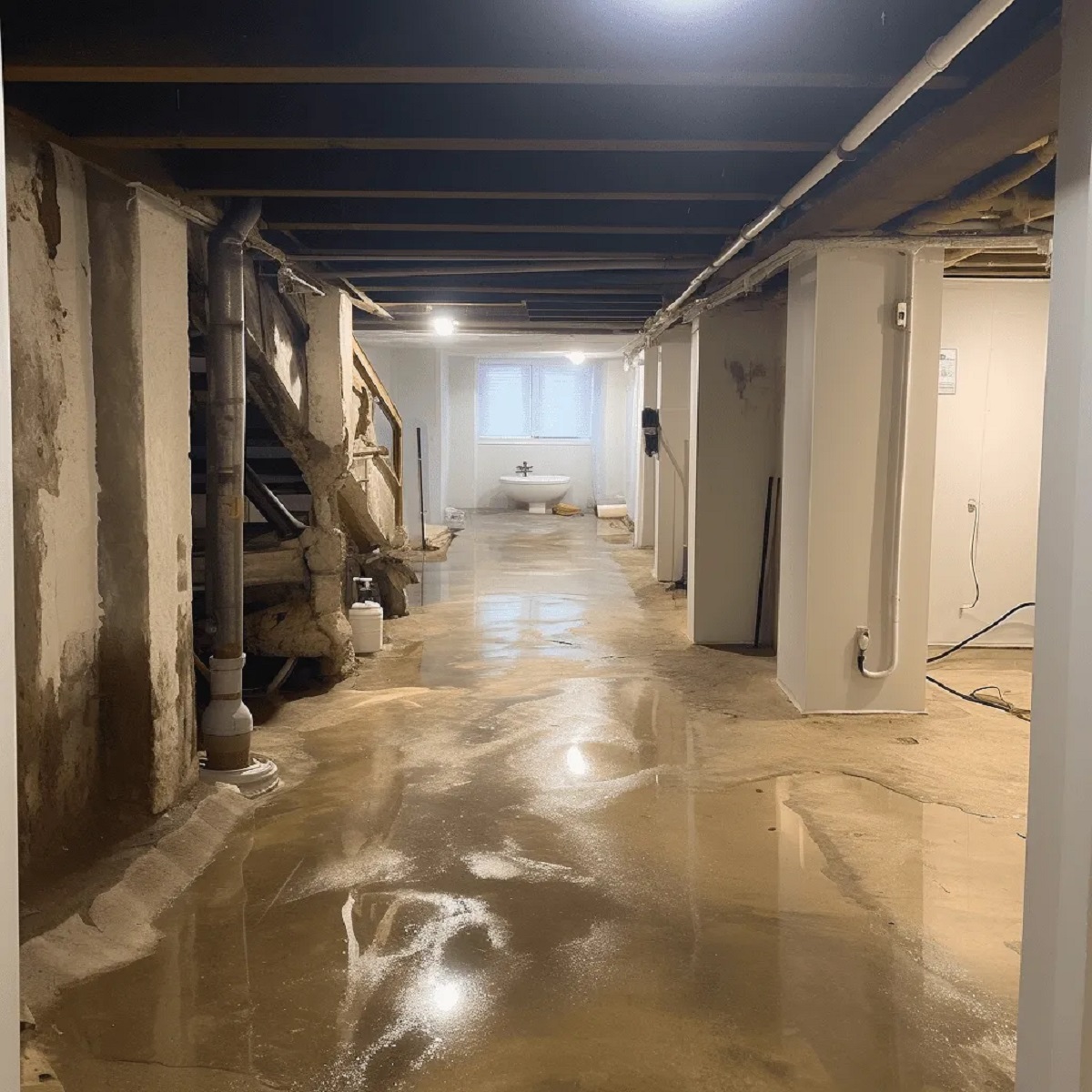
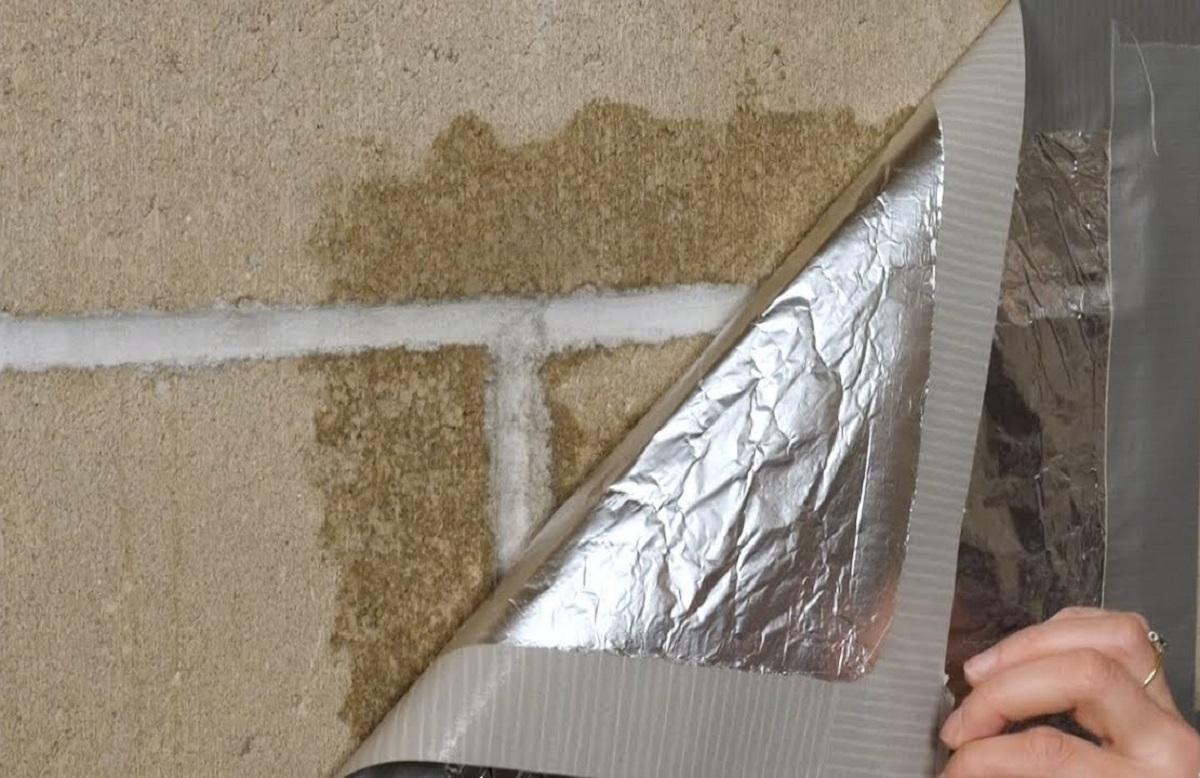

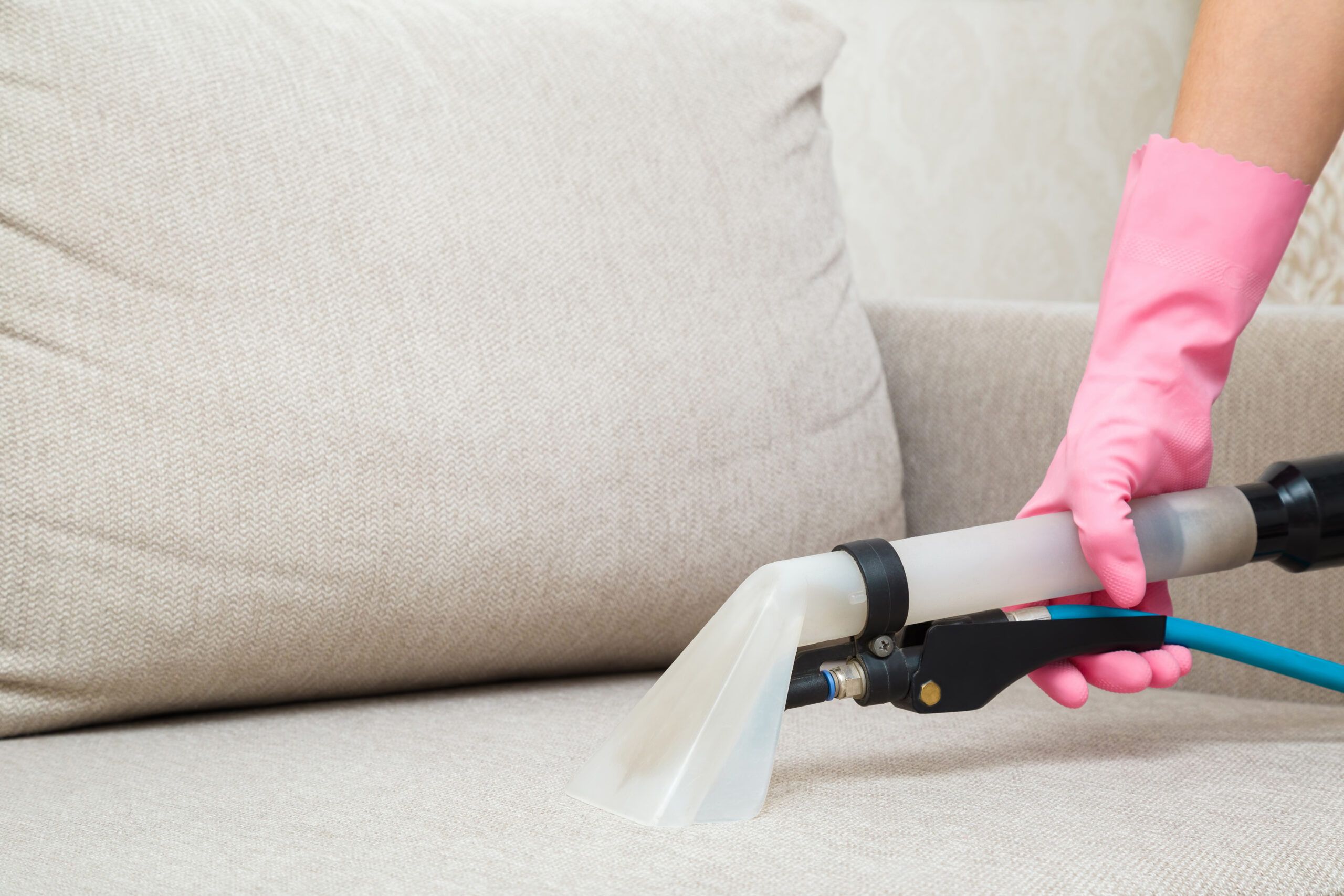

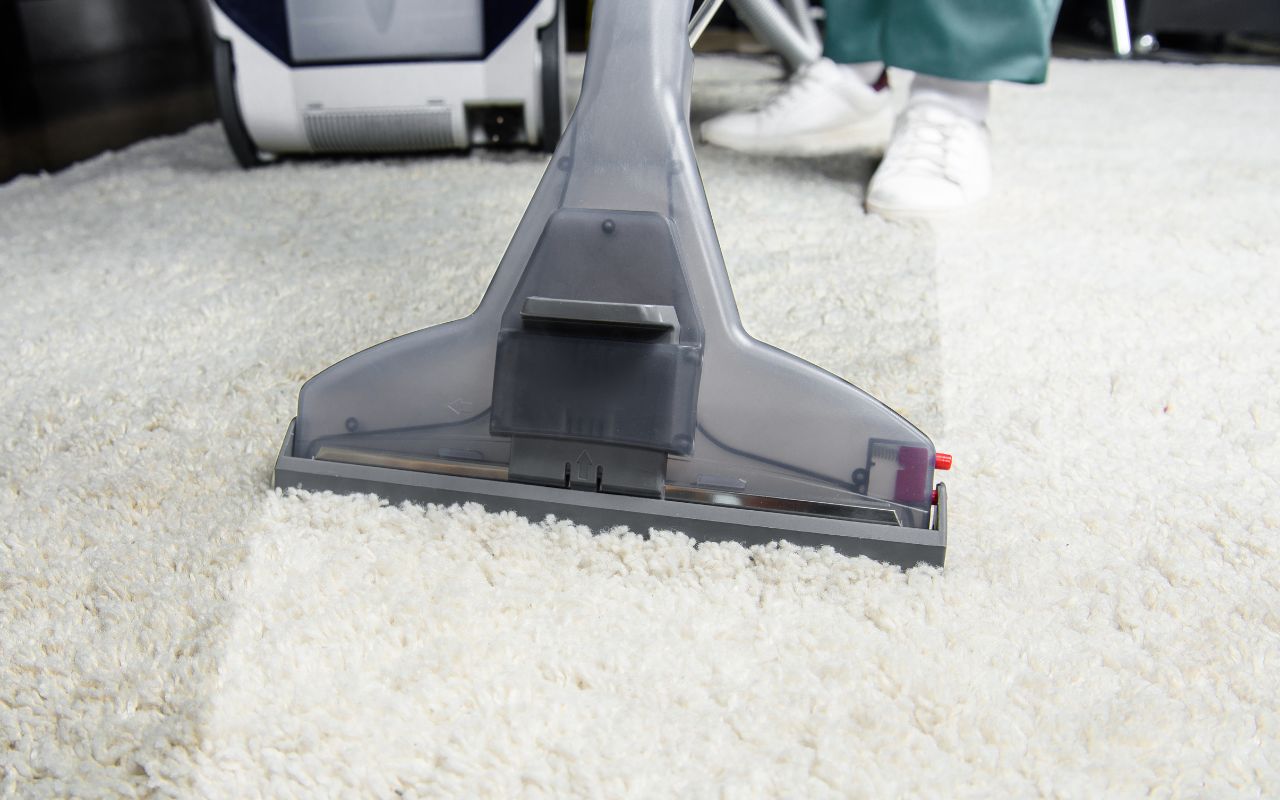
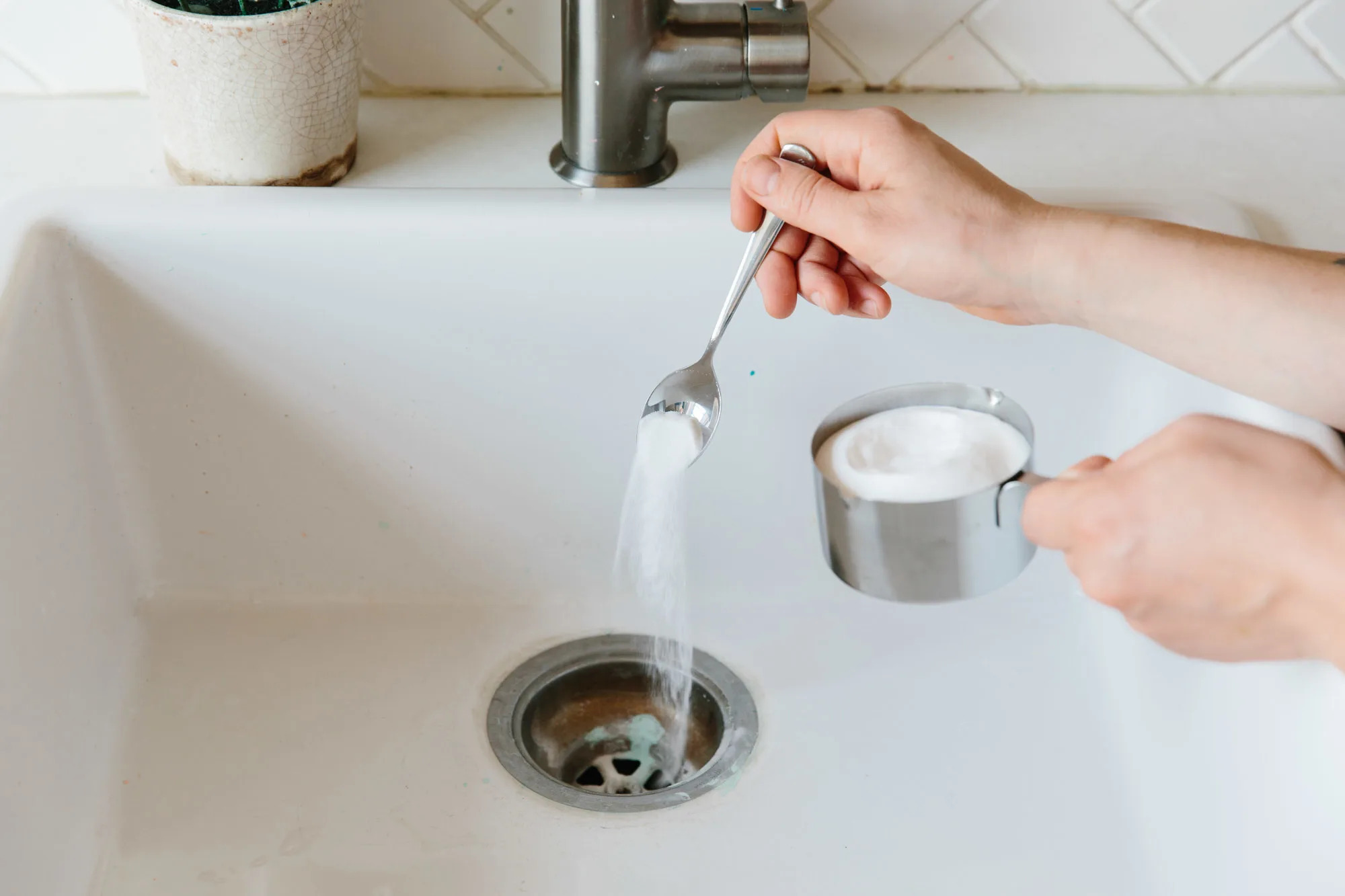

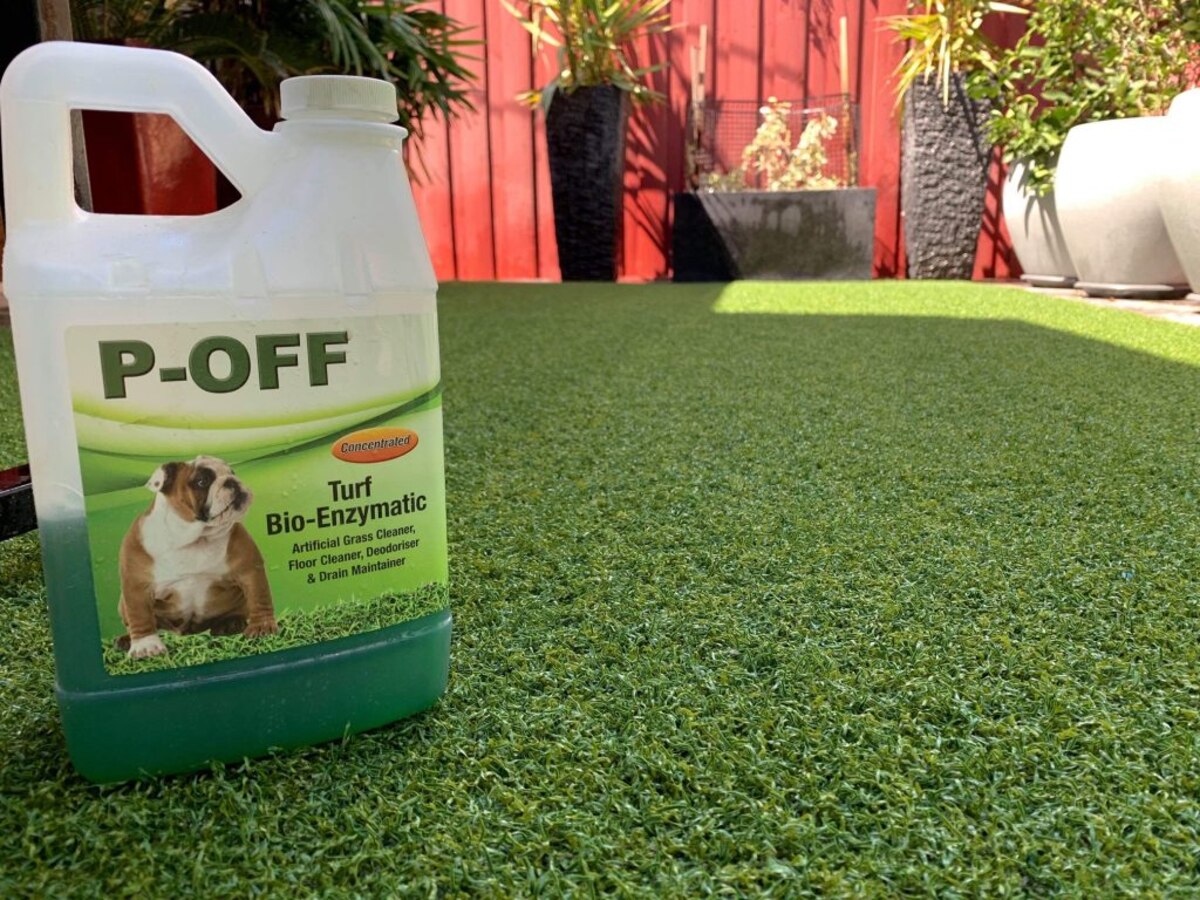
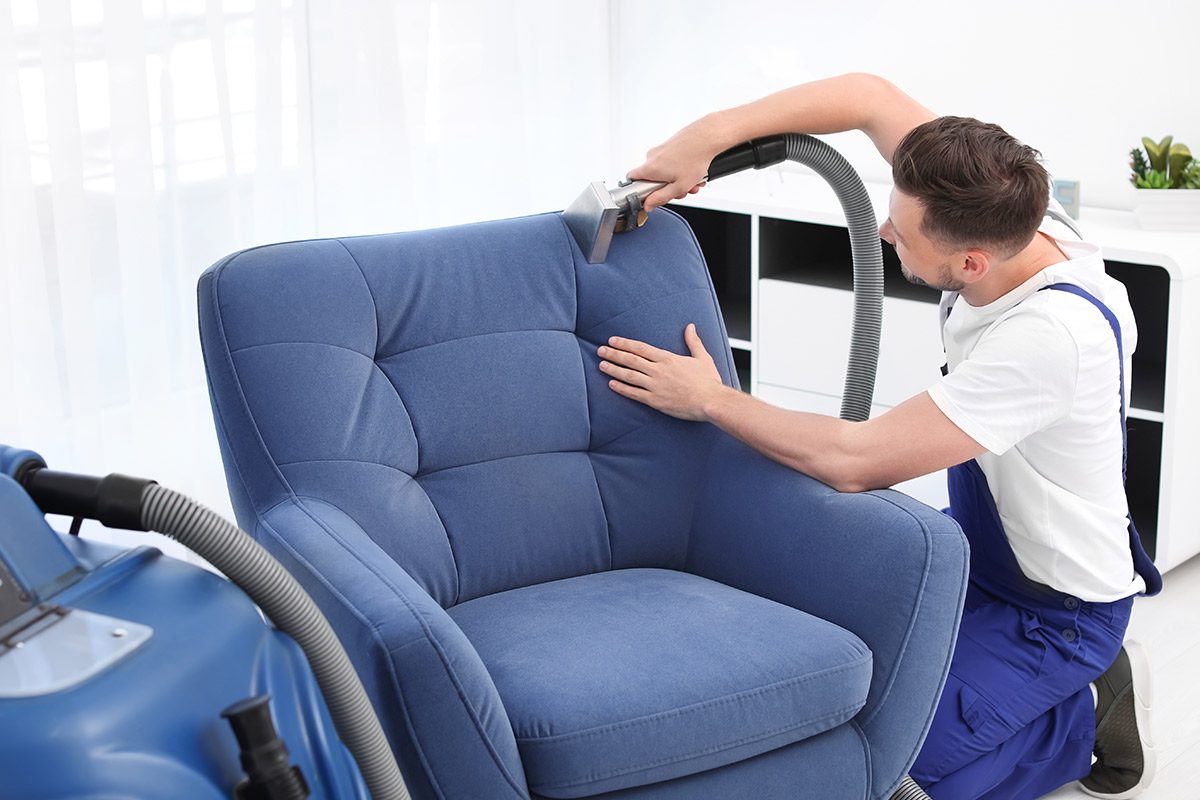
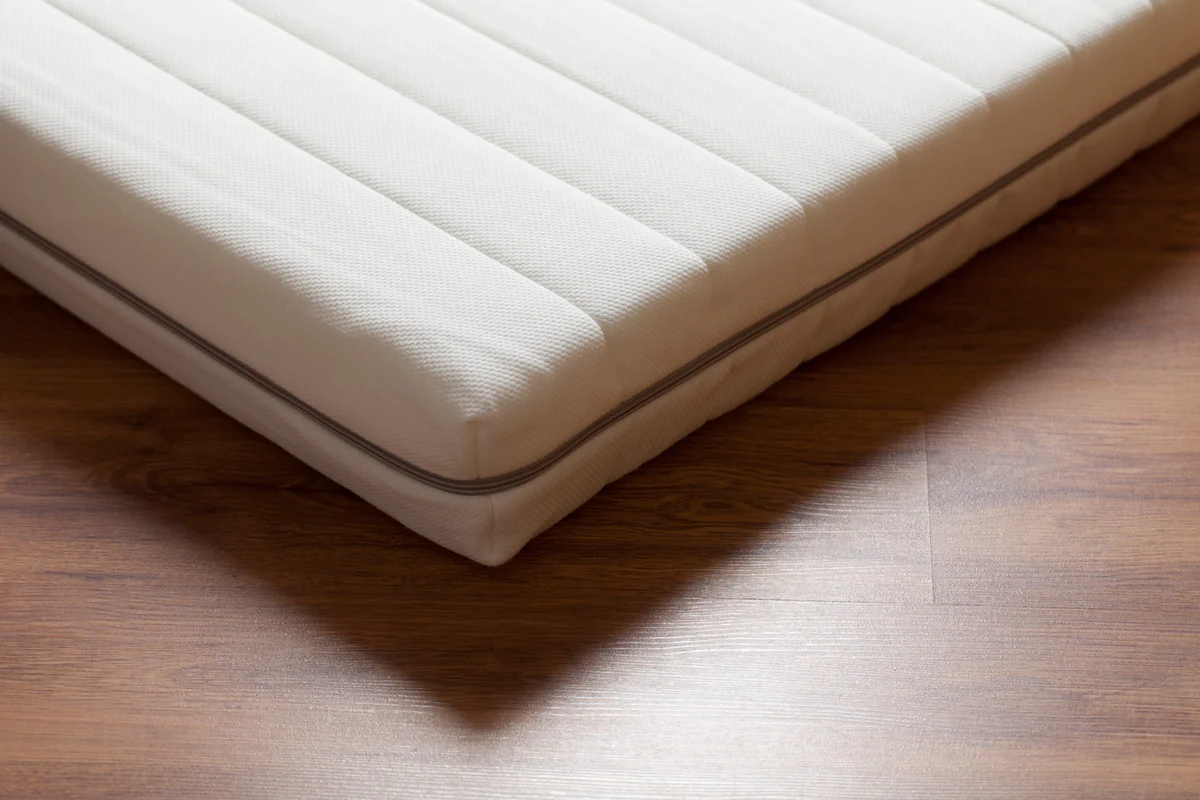
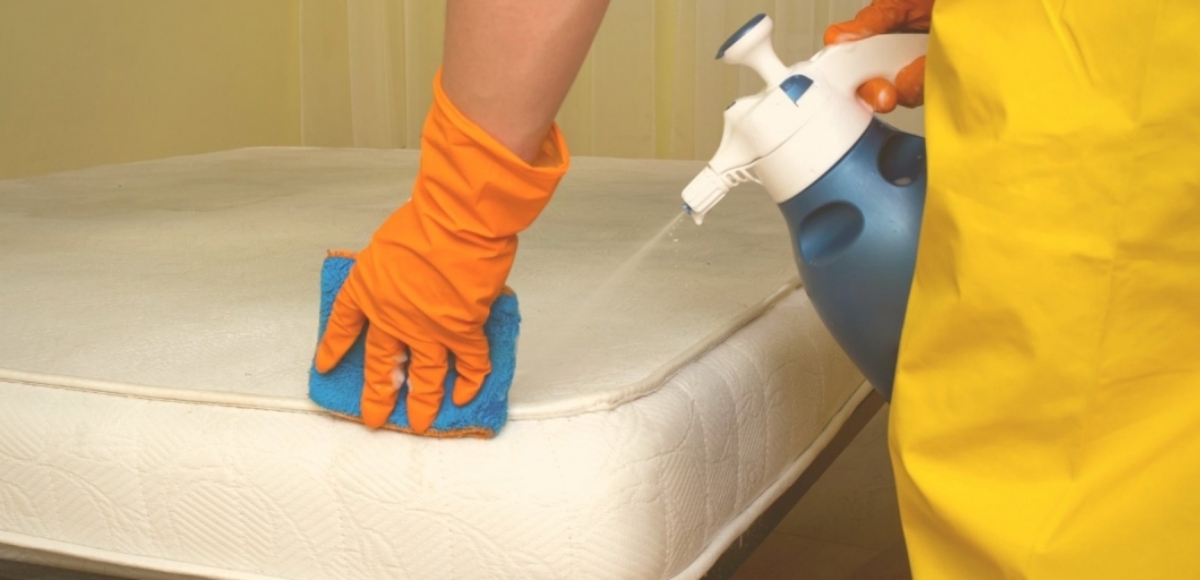

0 thoughts on “How To Get Basement Smell Out Of Basement”